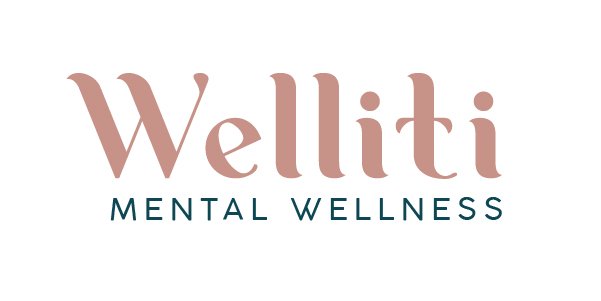Quit Smoking. Breathe Easier.
Quitting smoking is the single most important step you can take to improve the length and quality of your life. Smoking leads to nearly 1 in 5 deaths in the U.S. each year and results in a 10 year shorter lifespan than non-smokers.
Many smokers believe smoking helps relieve stress, but in reality, it actually increases anxiety and tension. When people quit, they feel more stable and have an enhanced mood and mental well-being.
Within minutes of quitting, your body begins to rejuvenate. Your heart rate drops, and within a few weeks, your circulation and lung function improve. In the long run, quitting smoking can lower your risk of heart disease, stroke, and cancer.
Tips and Resources
Allen Carr’s Easy Way to Stop Smoking has helped millions tackle the psychological battle of smoking. It emphasizes seeing quitting as positive, which can change your whole mindset.
Carr teaches that smoking addiction is partly due to fear—the fear of losing a crutch. Recognize that smoking is the thief of health and peace of mind.
Be Happy about Quitting: It’s not a sacrifice it’s a reward. Celebrate every time you don’t smoke.
Understand Your Why: Remind yourself of the effects of smoking and read personal stories for motivation.
Find Replacements: Swap out cigarettes with healthier alternatives like herbal teas, chewing gum, or engaging in a quick exercise like stair climbing.
Embrace Support: Whether it's friends, family, or online communities, support is crucial.
Consider national resources like the Quitline (1-800-QUIT-NOW).
Podcasts like “The Quit Smoking Podcast” offer stories of others who’ve quit and lots of motivational advice.
Smokefree.gov: Offers tools, tips, and support that have helped thousands of people successfully quit smoking.
National Cancer Institute: Provides research-based information and support.
Websites and books can light the way, but the journey is uniquely yours. This is your health, your freedom, and your life. Here’s to breathing easier and loving your smoke-free life!
Individual medical conditions vary. Consult with a healthcare professional for tailored advice and strategies.


